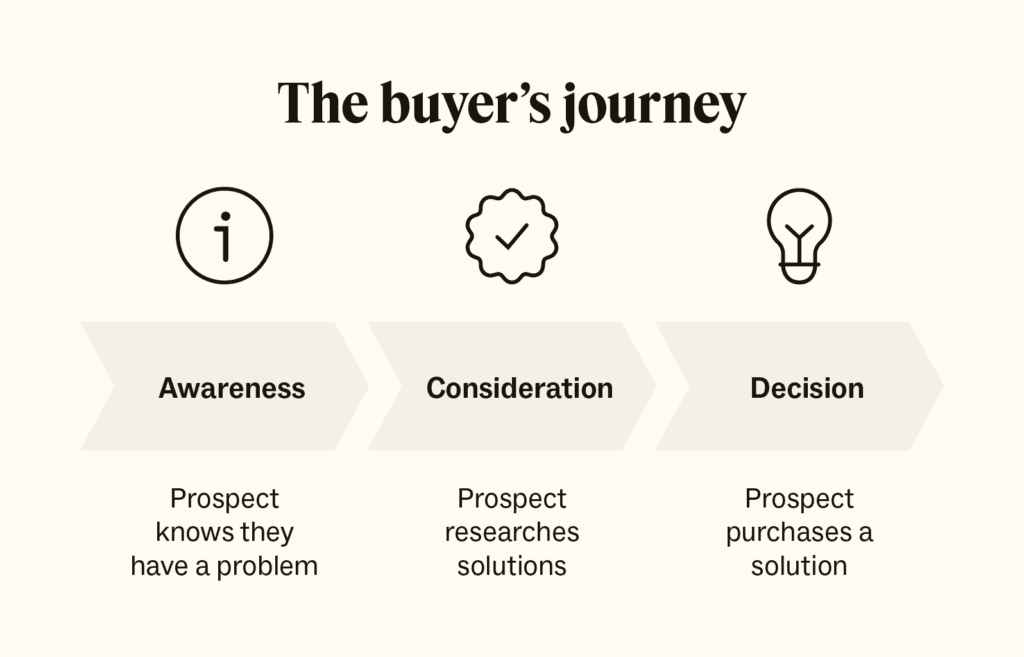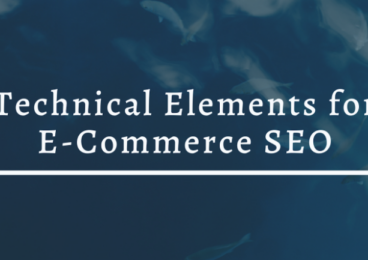 Reading Time: 5 minutes
Reading Time: 5 minutesIf you’ve ever gotten quotes from SEO agencies, chances are you have seen SEO and online reputation management (ORM) being offered together. Or at the very least, spoken together in the same breath.
But why is that? How exactly does your online reputation affect your visibility on search engines and your overall SEO efforts and vice versa?
We answer these questions and more in this blog so you can build a comprehensive online presence using both of these marketing strategies.
ORM Vs. SEO: Are They the Same?
While many marketing activities between the two fields naturally complement each other (more on that below), SEO and Online Reputation Management are not the same. They serve distinct roles in a customer’s buyer journey and also support a brand’s marketing goals in different ways.
What is the Role of SEO in Marketing?
SEO is how your website gets found on search engines when someone looks for something related to your business.
As 68% of customers’ first online interaction with a brand starts with a Google search and 53.3% of all website traffic comes from organic search—SEO is incredibly important for driving sustainable traffic to your website without paying for Google ads in the long run.
Its primary role is to help your business website get exposure to new customers who are either:
- a) looking for information regarding your products or services; or
- b) actively want to buy what you sell.
What is the Role of ORM in Marketing?
As the name suggests, Online Reputation Management (ORM) is the branch of marketing that monitors and shapes how potential customers and brand partners perceive your business online.
It tackles questions that your customers have about your brand: Is it reliable? Do people have a generally positive perception of the quality of services or products?
It typically involves these activities:
- Managing your online mentions and reviews.
- Analyzing the overall sentiments that your brand evokes online (using brand monitoring tools).
- Collecting reviews, testimonials, case studies, or repurposed user-generated content to create web content, PR releases, and even emails that highlight your brand in a positive light.
You may have seen some brands post Customer stories on their websites or send newsletters that highlight how their business solved a customer’s pressing problem — both of these are examples of ORM content.
- Handling any negative feedback or PR crisis professionally while clarifying what went wrong, taking ownership where applicable, and giving your customers public assurance that you will work on their concerns.
How Are SEO and Online Reputation Management Interconnected?
While SEO helps you get found online, it is ORM that tells your customers that your brand is trustworthy enough to be worthy of their time and money. So, missing a beat with either disrupts the natural buyer journey a new customer undertakes online after their first interaction with your business.

Without SEO, likely, they will likely not have the first interaction with your brand. And without ORM, they may not trust it enough to transact with you or enquire about your services. So, they have to go hand-in-hand for the best ROI from these marketing strategies.
But that’s not the only reason they are offered together. Here’s how they support each other:
How Online Reputation Helps SEO Efforts
- The content you create for ORM can also get indexed by search engines and help your website be found via search engine results.
- Similarly, receiving a positive brand mention on a brand partner’s website or in an article by a blogger can give your website valuable backlinks — which act as votes of confidence for Google. When a reputable source mentions a website favorably, Google tends to reward it with higher rankings in the search engine result pages (SERPs).
- As ORM involves understanding what kind of language customers use, it can be a way to discover valuable keywords for SEO that you won’t necessarily find in SEO tools.
Keyword research tools aren’t perfect and don’t always pick up on the many different words your customers use to write or talk about your business. And since your competitor is likely only targeting keywords they find in tools like Semrush or Ahrefs — you can target unique keywords you find via ORM to get a competitive edge.
- Getting more reviews and responding to them on time and professionally is a huge part of ORM. Reviews are also a direct ranking factor for local SEO.
That means that both the quality and quantity of reviews can affect whether your customers find you in “near me” or other “[keyword + city name]” searches. If you are a local business or a local enterprise brand with multiple locations that rely on driving foot traffic to your business, this can be significant for your business.
How Does SEO Help You Manage Your Brand’s Online Reputation?
One of the functions of ORM is to reduce the impact of negative content on your brand’s online perception. SEO helps with that directly, here’s how:
- Optimizing ORM content for search engines can win top search results for brand-related search queries. This can help push down other negative media mentions about your brand in search results.
- Even if the negative content still ranks in the top spots alongside your positive content, you have an opportunity to clarify your side of the story or offer an alternate narrative of the situation
- When you consistently create good SEO content that offers valuable information to readers and ranks high in search results, you also gain their trust. This translates into a positive brand reputation online.
Even if you don’t have any negative press or any troubling 3rd party content, we recommend creating a reviews page where you can publish customer testimonials, awards, industry recognition, etc. to get it ranking for [your brand + reviews]. People often search this way when they come across a new brand. And if something does happen where you start to get negative press, this page will already be in place and help push down negative content.
There may also be times where you need to publish a press release or an official statement on your site, but you don’t want it to appear in the search results if people are searching for your brand. There are several methods you can use to accomplish this, depending upon how available or private you want the content to be and which privacy or content control features your CMS has available. If you’re unsure which method to use, your SEO agency will be able to provide a recommendation.
To Sum Up
While SEO is key in exposing your website to new customers and improving your brand awareness, Online Reputation Management is important for both brand credibility and recognition.
In other words, while SEO helps you acquire new leads and sales, ORM helps you develop a brand reputation that encourages customers to trust your business enough to stay loyal to it for a long time. Think of it this way: one helps with customer acquisition, while the other can help increase the Customer Lifetime Value (CLV), i.e. the amount of money they spend transacting with your business throughout their entire relationship with your brand.
Building a profitable business requires that you focus on both, which is why SEO and ORM are often combined into one service. In fact, they are so heavily intertwined with each other that online reputation management is often also called SEO reputation management.
At Vizion Interactive, we have the expertise, experience, and enthusiasm to get results and keep clients happy! Learn more about how our SEO Audits, Local Listing Management, Website Redesign Consulting, and B2B digital marketing services can increase sales and boost your ROI. But don’t just take our word for it, check out what our clients have to say, along with our case studies.




